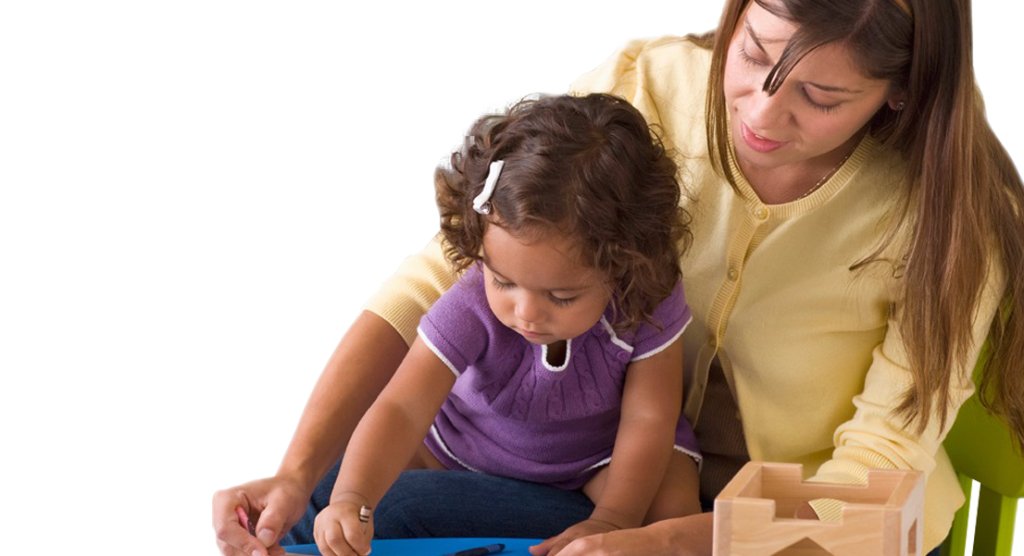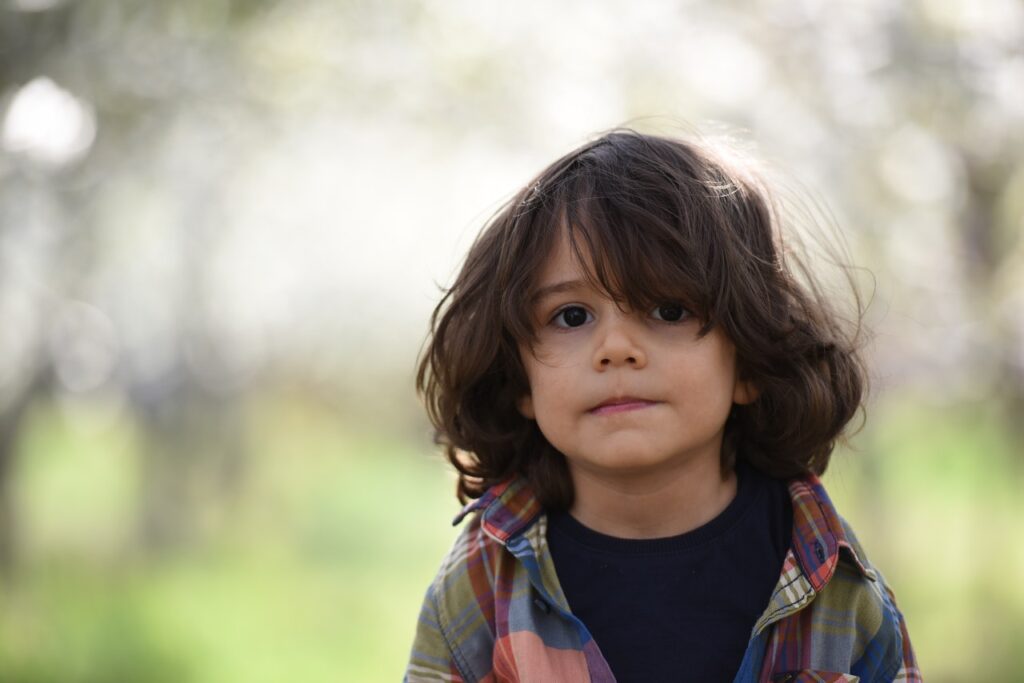All professionals involved in the family justice system have long been aware that some parents will experience more than one set of care proceedings. Read More
The state of girls’ rights in the UK
The coronavirus outbreak is continuing to sweep the globe, causing the worst health crisis of a generation. First identified in November 2019, it is now severely challenging… Read More
Children looked after in Wales
On 31st March 2019, there were 6,845 children looked after in Wales, a further increase of 440 compared to the previous year. As a result, the gap between the rate of children looked after in Wales compared to other parts of the UK has continued to widen… Read More
Children and Young People
The following research and reviews of practice are related to topics in children and young people. Read More





